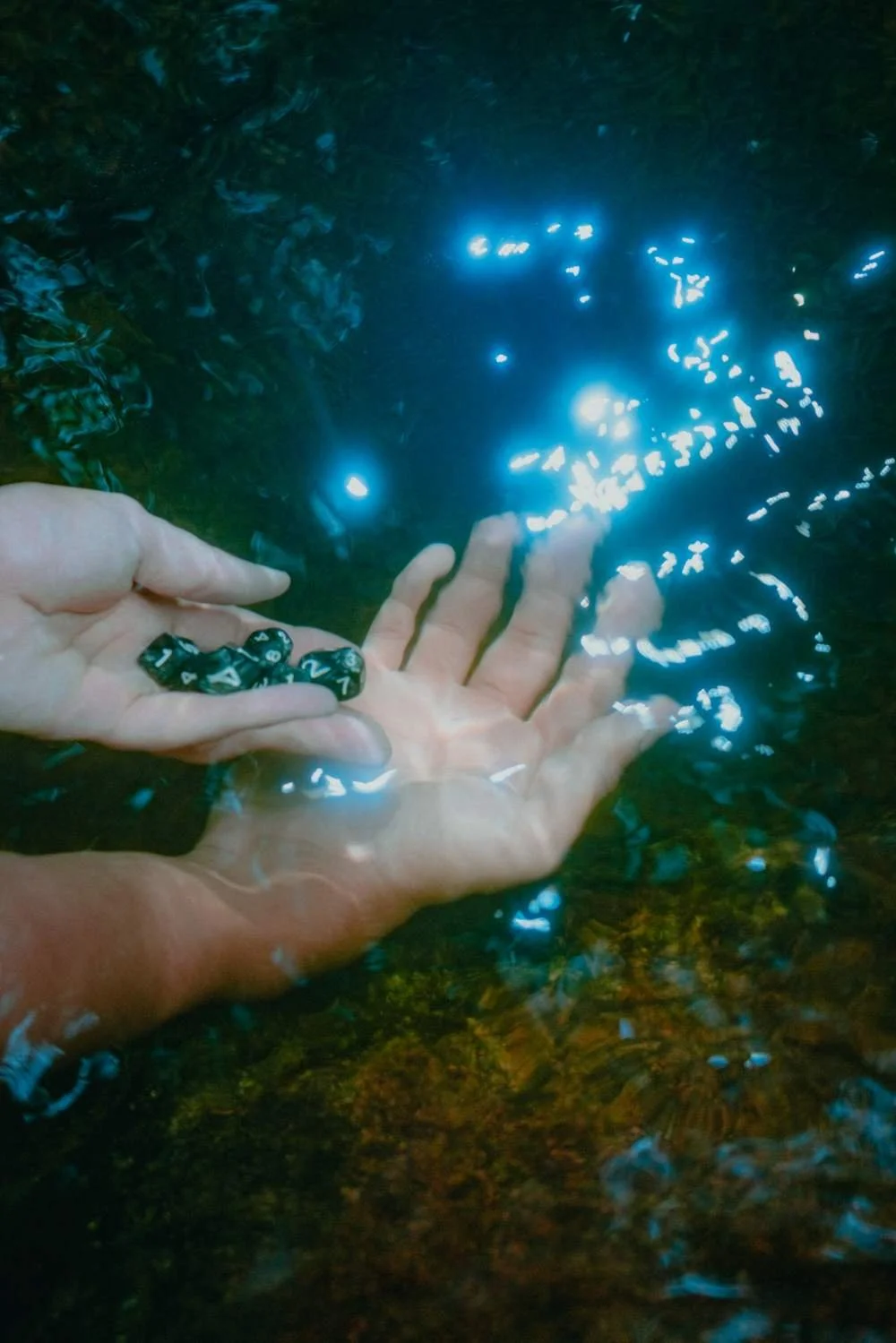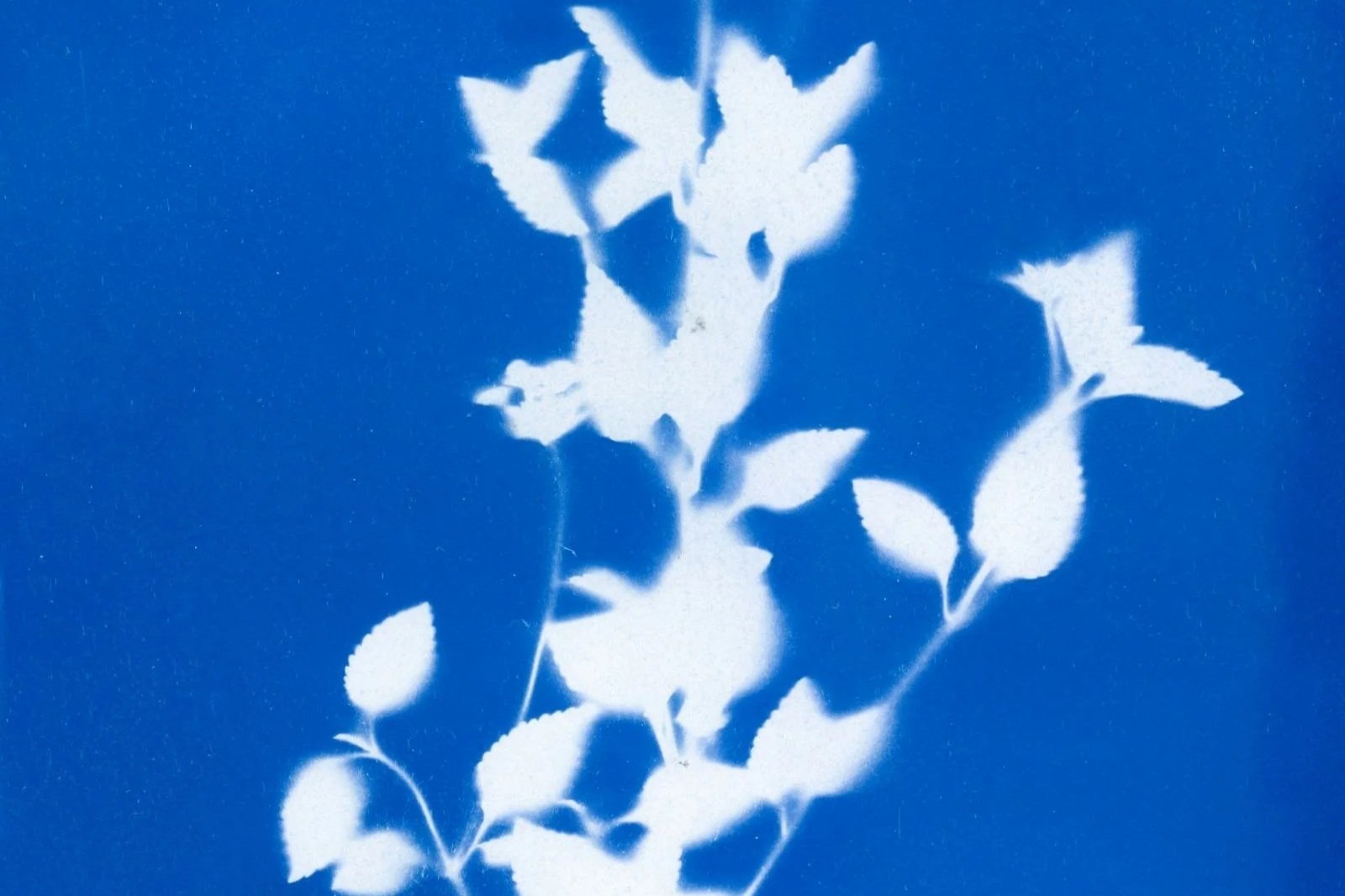Notes from Psychedelic Science Conference 2025
Key takeaways from Psychedelic Science in Denver
One month since the Psychedelic Science Conference, and I’m still buzzing from all that I learned. It was such a fun week connecting with new and old friends in a shared space of collective healing.
Once the talks are available online (they will be free and available to everyone…so they say), I’ll send out my favorites to my newsletter, but for now, I’ll share a few themes from the week.
Themes from the Psychedelic Science Conference 2025
Ibogaine is the future
The hot psychedelic at the conference was Ibogaine. I’d only heard of it superficially back in NYC and didn’t quite understand the power of it until the conference. Nolan Williams gave a killer keynote presentation (seriously, I felt like I was at an Apple product release), sharing the astonishing success of Ibogaine for treating: depression, anxiety, substance use, disability, PTSD, CTE, and so much more.
While I don’t feel personally called to explore Ibogaine, I do see its healing potential for those who have tried everything and are on their last rope. You can learn more about Ibogaine here, and the documentary Dosed details some success stories.
Healing is relational
The psychedelic and therapeutic worlds are moving towards a more relational and communal sense of healing.
And of course they are.
This is what indigenous communities have shown us for centuries. We can’t change ourselves or our communities if we continue to heal in the individualistic, isolationist ways of the West.
Psychedelics have the potential to help us access safety and presence—something that sounds simple, but is really quite profound for anyone who’s experienced trauma. It’s then the work of the individual, the therapist, and the space holder to help bring that healing out into their community (romantic partners, friends, family members, workplace, etc.).
The conference also soothed a bit of my AI anxieties—I don’t think a computer can ever take away the benefits of relational healing.
Psychedelics help us remove the mask
My favorite panel at the Psychedelic Science Conference in 2025 was a bit off-brand for me: three former NFL athletes talking about how psychedelics saved their lives. Seeing these stereotypical masculine men share in intimate detail about the damage that performing masculinity professionally had on their psyches was beyond moving.
They all touched on accessing self (presence, oneness, basic goodness, love) and wanting to share that part of themselves with the world. Not the aggression, competitive, hyper-masculine mask they had put on for decades. I’ll be sure to share this talk once it’s live; it’s worth the listen.
Integration is the way
Over and over again, speakers touched on the benefits of integration. While psychedelics can help us access spiritual experiences and profound insight, they mean nothing if we can’t integrate them into sober day-to-day life (that’s the whole point!). A good journey begins with preparation (soberly) and ends with integration (soberly).
After a journey, it’s important to remember the basics of self-care to keep coming back to your sense of ground. Nature, food, movement—they all live in the here and now. Life isn’t meant to be spent in an altered state.
If you want some support with integration, I have a free Ketamine Prep + Integration guide and my Nervous System Course is a wonderful tool to help you build a life outside of ceremony space that supports your system to hold it all.
More notes on psychedelics:
Julie Goldberg is a licensed therapist and the founder of Third Nature Therapy. Her practice focuses on helping individuals better understand their inner world, befriend their nervous system (instead of working against it), and navigate changing relationships. She offers somatic therapy, EMDR intensives and Ketamine-Assisted Psychotherapy in Brooklyn, NY.


